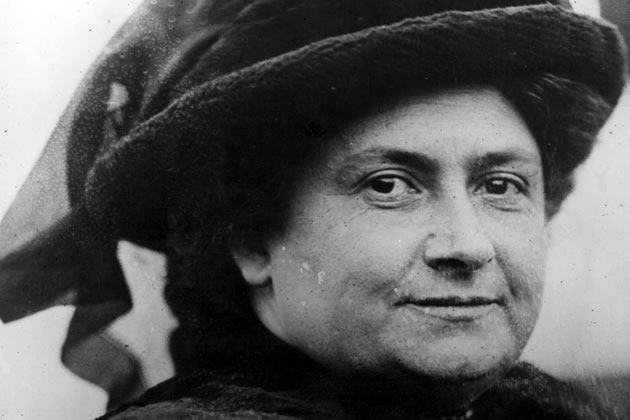Maria Montessori
Maria Montessori was a pioneer in providing a philosophy of education for young children which gave the children value and respect.
The philosophy is very consistent with modern early childhood educational philosophy. A child’s social and emotional well-being is made a priority, as well as the ability to access learning materials which are suited to his or her developmental level.
Building self-esteem and social competence is important as well as stimulating their interest in the world and love of learning.
In preparing children for success in the world, a strategic and deliberate plan to teach life skills begins early.
Although often considered a very academic-style of education, the “formal” learning takes place when the individual child is ready and interested, and delivered in a non-formal or “play” based approach. Learning is often by imitating the activity as demonstrated by the teacher, rather than needing to process verbal instructions and translate into activity.
Self-correcting errors in their activities, the satisfaction of seeing an activity reach completion and being responsible for their own activities and actions are hallmarks of the Montessori Philosophy in practice.

